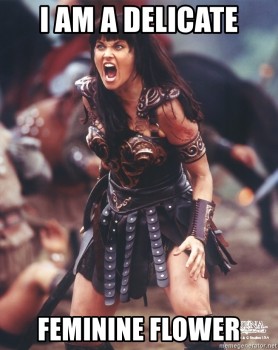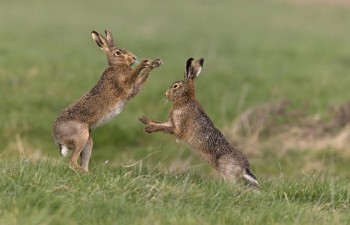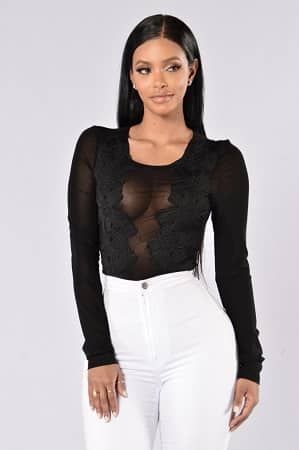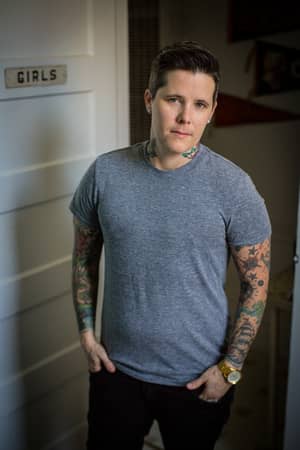Writing Women
Good afternoon, Readers!
Full disclosure: I am a woman, and so have a vested interest in how women are portrayed in all media, not even just the speculative. Since, however, the speculative is so able to better reflect the real world and imagine a better one, I’m going to talk about that for today.
I had been, at one point in my past, privy to a enormous internet argument about how terribly some male writers write women. The primary complaint of the defenders of bad writing of female characters was, and this is a literal quote, ” writing women is hard.”
Congratulations, random male internet commenter, you have accidentally his upon an immutable truth. Writing women is hard. Writing men is hard. Writing a compelling scene is hard. Writing plot is hard.
Writing is hard.
You know, I’ve always considered women to be people
– George R.R. Martin
If a writer can’t manage to give any of their characters depth, they’re a bad writer. It shouldn’t matter the gender of either the writer or the character. Yet, it seems we are all too free in giving male writers writing female characters an inordinate amount of leeway; leeway we don’t give to female writers. It’s to the point that when male writers manage to write complex, interesting, fully-realized female characters, we heap praise upon them as if they are prodigies, as if female writers writing similar characters haven’t been doing the same, uncelebrated, for as long as women have been writing.
Pardon as I roll my eyes at this stupid double-standard.

Look, if some male writers can manage it, then all can. The inability to get women right in speculative fiction, I feel, stems not from a lack of actual ability, but the lack of will, and the fact that we all just accept it when it goes so terribly wrong. So, let me help out a bit with a few simple rules for writing women:
- Women are people. We’re not weird aliens or secret faeries. We don’t draw from secret magicks at the centre of the earth to hold over menfolk and blight crops if we don’t get our way (in reality). None of this men are from Mars, women are from Venus nonsense. Men are from earth. Women are from earth. Get over it. Women have dreams and desires, hopes, ambitions, flaws and motives that are all their own, that don’t exist in relation to the men in their lives. Take us off those pedestals. We’re people. Not lesser. Not greater.
- Reasons exist. Women are people and people don’t go crazy out of nowhere. Perhaps there is a small trigger that doesn’t seem to reflect the reaction it gets, but consider everything behind that trigger, that straw that broke the donkey’s back, as it were. Imagine that you are clever, and capable, and most importantly, are right. Now imagine that for no other reason than what is or is not between your legs, you are denied the same opportunities, the same education, the same amount of respect, the same consideration as others, who might not be so clever, or capable, or right. But they get listened to, and you must yield to their stupidity or face terrible consequence. Image that prison is yours. Would you not go mad? In short “bitches be crazy” is not a sufficient reason for a woman’s actions in any story. If you must have a mad woman, understand that there are reasons behind the madness. In fiction as in life, women have good reason to be furious. Bear that in mind while writing them.
- Women are individuals. Like men, women have their own personalities, own thoughts, interests and motives. Not all women want or are capable of motherhood. Not all women care about appearance or fashion. Not all want marriage. Some are content to be wives and mothers. Some want to study the stars, or march to war to defend those they love. I adore, for example, martial arts, and the weapons training is a highlight for me. I have friends who are far more in to make-up and dressed. Neither one of us are doing womanhood wrong. In history, women have been snipers, pirates, queens, peasants, warriors, sooth-sayers, mothers, loyal servants, traitors… I think you get the point. Look, if men get to exist in all kinds of variations in one’s writing, so should women, because in reality, women exist in all variations in real life (I highly recommend following Rejected Princesses for actual historical examples of women in history).
These are just three things to keep in mind when writing women. Keeping these in mind, or at least considering them a little, may help a struggling writer improve their craft.

Fun fact: those hares you see boxing
in a field, one of them is female and
has had enough of her suitor’s
nonsense, thank you very much.
Honestly, there is absolutely no excuse, save lazy writing, for portraying women poorly. Still, writing is hard, and since I have a vested interest in having women written well, I figured instead of screaming into my pillow at night at yet another badly written female character, I thought I might try to offer something constructive. This is by no means a thorough and complete list of things to keep in mind while writing women, and honestly the first point is by far the most important of them all.
I’m not asking that women suddenly become the heroes of every story. That’s not the goal here.
In fiction as in life, women are people with complex histories, flaws, and ambitions of our own. All I’m asking of those writing us is that we are given the same considerations given to the male characters.
When S.M. Carrière isn’t brutally killing your favorite characters, she spends her time teaching martial arts, live streaming video games, and cuddling her cats. In other words, she spends her time teaching others to kill, streaming her digital kills, and cuddling furry murderers. Her most recent titles include ‘Daughters of Britain’ and ‘Skylark.’
https://www.smcarriere.com/


I guess one issue is that writers of speculative fiction are judged primarily by their world-building skills, with characterisation taking second place – ie often the male characters aren’t particularly dimensional, either!* A second issue is that, historically, SF may have had a predominantly male and often adolescent readership, and the writers of the day tried to produce work that catered to that particularly demographic.
Reading older speculative fiction (ie, from the Eighties and Seventies) is always good for a laugh. I feel mean naming names, but my brother got one of Michael Scott Rohan”s lesser known works – Chase the Morning. It’s a portal fantasy. The mc is a self-made man. He has a really hot secretary who basically seems to exist solely because of (1) her amazing cleavage & (b) her willingness to mop the hero’s brow, patch him up from his various scrapes etc. Like a lot of women in fiction from that period, her inner life is a complete blank. Funnily enough, whereas the sections set in our world seem inconceivably dated, the fantasy sections haven’t really dated at all. Make of this what you will.
* just your average, surly loner, albeit one with an exceptional skillset.
Aonghus,
I remember CHASE THE MORNING! It was the opening novel of what became a 4-book cycle, THE SPIRAL. I think it came out in 1990 (which counts as the late 80s in my book).
The William Morrow hardcover I bought years ago had a nicely evocative cover by Mark Salwowski. Nice for the early 90s, anyway. Never got around to reading it…. and it doesn’t sound like I missed much.
Nice Cover! Mark Salwowski, eh? I remember him for doing the covers of the John Wyndham reissues in the Eighties, but never associated him with Iain M. Banks, or with a book I read again last year – ‘Vacuum Flowers’.
Further googling establishes he’s English, which actually makes a lot of sense, as his earlier stuff has echoes of Roger Dean and Rodney Matthews.